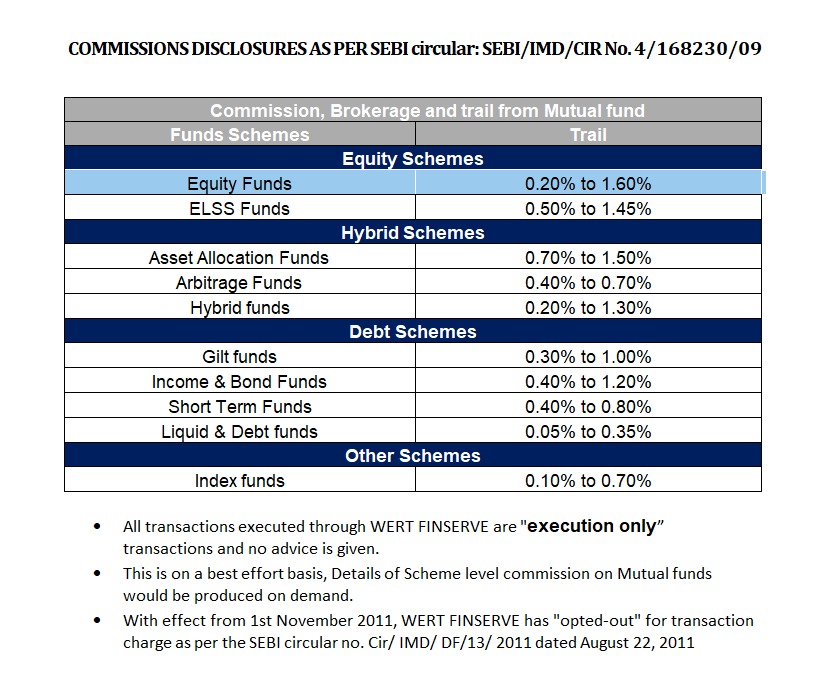Investing in mid and small-cap mutual funds can be challenging, especially during market downturns. Many investors contemplate halting their Systematic Investment Plans (SIPs) in these funds to avoid potential losses. However, historical data and scenario analyses suggest that maintaining a disciplined investment approach can be beneficial in the long run.
Understanding Market Cycles
Stock markets inherently experience cycles of growth and correction. For instance, the Nifty Smallcap 250 and Nifty Midcap 150 indices have exhibited significant long-term growth, despite short-term volatility.
- Nifty Smallcap 250 Performance (2018-2025): The index has seen substantial growth, with periods of correction followed by strong recoveries. As of February 21, 2025, the Nifty Smallcap 250 index stands at 14,683.40.
- Nifty Midcap 150 Performance (2018-2025): Mid-cap stocks have experienced cycles of downturn and resurgence, demonstrating long-term appreciation. As of February 21, 2025, the Nifty Midcap 150 index stands at 18,346.80. And as of February 10, 2025, the Nifty Midcap 150 index represents about 16% of the free float market capitalization of stocks listed on NSE.
This progression indicates that despite short-term volatility, the market tends to appreciate over extended periods.
The Case for Continuing SIPs
Systematic Investment Plans are designed to mitigate the impact of market volatility through regular, fixed investments. Here’s why continuing SIPs in SBI Small Cap Fund and Axis Midcap Fund can be advantageous:
- Rupee-Cost Averaging
SIPs facilitate rupee-cost averaging, allowing investors to purchase more units when prices are low and fewer when prices are high. This strategy can lower the average cost per unit over time, potentially enhancing returns during market recoveries. - Historical Fund Performance
Analyzing specific funds provides insight into the benefits of sustained investments.- SBI Small Cap Fund (7-Year SIP from 2018-2025):
- Market Corrections: The fund experienced short-term losses during market downturns, with SIP investments in 2019 and 2020 showing negative returns at times.
- Strong Recovery: By 2021, the fund saw a sharp recovery, turning previous losses into substantial gains.
- Current Value: A total investment of ₹1,825,000 in the SBI Small Cap Fund (as of February 2025) has grown significantly, reflecting substantial gains.
- Axis Midcap Fund (7-Year SIP from 2018-2025):
- Similar Patterns: The Axis Midcap Fund mirrored these trends, with periods of short-term corrections followed by robust rebounds.
- Long-Term Gains: Investors who maintained their SIPs witnessed considerable wealth accumulation over the 7-year period.
- SBI Small Cap Fund (7-Year SIP from 2018-2025):
- This pattern underscores the importance of patience, as markets often rebound, leading to potential gains for steadfast investors.
- Avoiding Market Timing Pitfalls
Attempting to time the market by pausing SIPs during downturns can result in missed opportunities when the market rebounds. Maintaining regular investments ensures participation in the market’s recovery phases, which are crucial for long-term wealth accumulation. - Tax Implications
Redeeming investments prematurely can trigger capital gains taxes, diminishing overall returns. By staying invested, investors can defer tax liabilities and potentially benefit from favorable long-term capital gains tax rates.
The Impact of Staying Invested
Consider a scenario where an investor initiates a monthly SIP of ₹25,000 in SBI Small Cap Fund from 2018 to 2025:
- Total Investment: ₹1,825,000
- Value in 2025: The investment has grown substantially, exemplifying how remaining invested, even during periods of low returns, can lead to considerable gains when the market rebounds.
So, should you really stop your SIPs in Mid and Small-Cap Funds?
No, stopping your SIPs in mid and small-cap funds during market downturns may not be the best decision. Historical data shows that despite short-term volatility, indices like Nifty Smallcap 250 and Nifty Midcap 150 tend to recover and generate strong long-term returns.
By continuing your SIPs in funds like SBI Small Cap Fund and Axis Midcap Fund, you benefit from rupee-cost averaging, market rebounds, and long-term wealth accumulation.
Market fluctuations are inherent to equity investments, particularly in mid and small-cap segments. While downturns can be disconcerting, historical evidence and scenario analyses suggest that continuing SIPs during such times can be rewarding in the long term. A disciplined investment approach, coupled with patience, often positions investors to capitalize on market recoveries and achieve their financial objectives.
Disclaimer: This article is for informational purposes only and should not be construed as financial advice. Investors are advised to consult with a financial advisor to assess their individual circumstances before making investment decisions.





